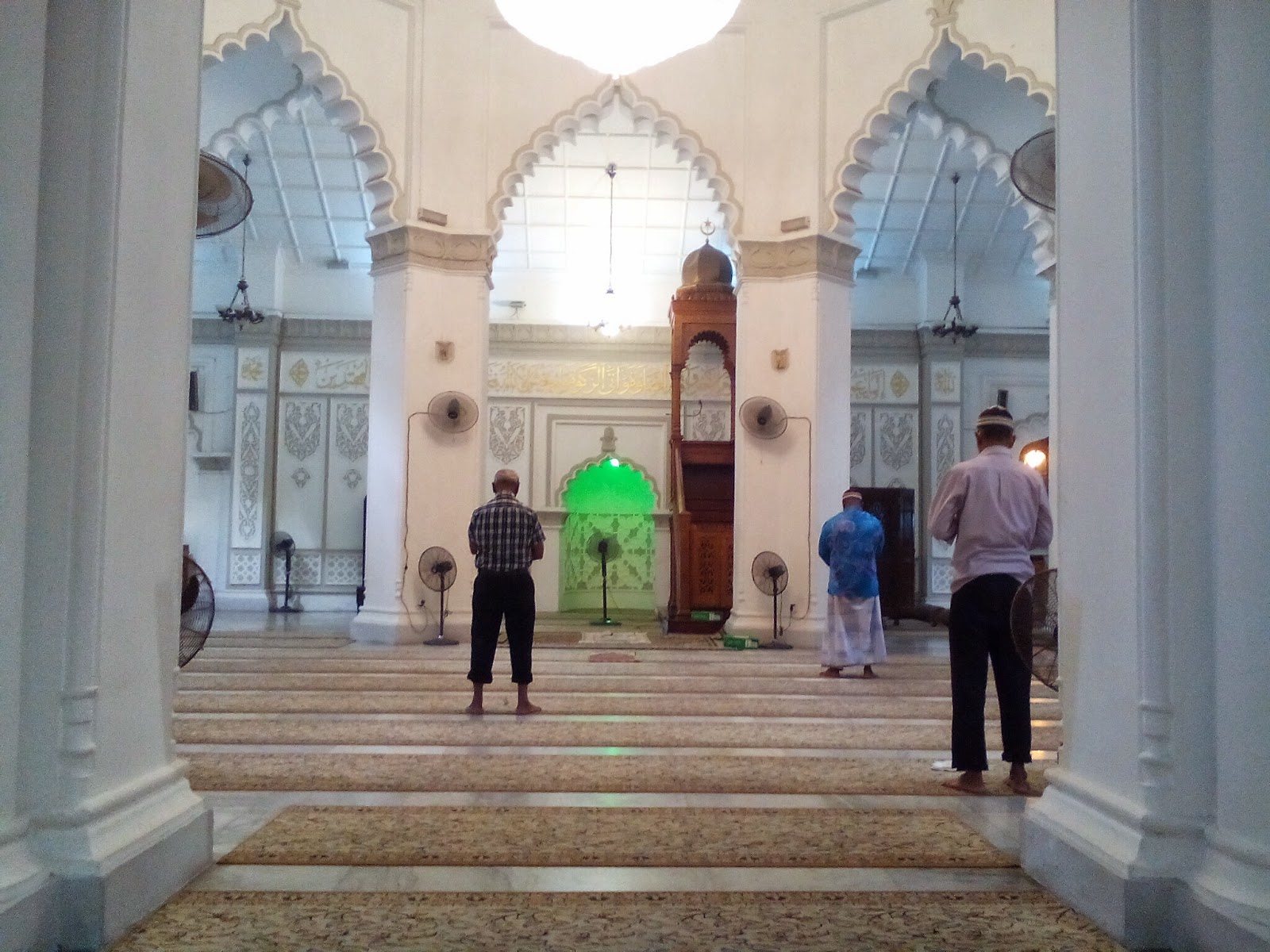Chapter 2 : The Pillars of Islam
The Pillars of Islam are the cornerstones on which Islam is built. There are five pillars of Islam. This is mentioned in a hadith on the authority of Aboo ‘Abd ir-Rahmaan ‘Abdullaah, the son of ‘Umar ibn al-Khattab(R), who said : “I heard the Messenger of Allaah say : Islaam has been built on five [pillars]: testifying that there is no deity worthy of worship except Allaah and that Muhammad is the Messenger of Allaah, establishing the salaah (prayer), paying the zakaah (obligatory charity), making the Hajj (pilgrimage) to the House, and fasting in Ramadaan.” [related by al-Bukhaari and Muslim]
1 — The Shahadah (the declaration of faith) that there is no deity worthy of worship except God and that Muhammad(P) is His slave and Messenger, requires solid belief in the heart, in it. This belief must also be confirmed by the tongue. It is called Shahadah to show that when a believer believes in it, his belief is as solid as if he is an eyewitness. This Shahadah is one cornerstone, although it contains many aspects that must be taken as belief. This declaration of faith (comprised of two testimonies as is apparent), is considered one cornerstone, either because it contains testifying that Muhammad(P) is only a conveyer of the Message from God and His slave and Messenger, thus completing the testimony that God is One. Or because these two testimonies together are the reason behind the acceptance of deeds by God. Deeds are neither valid nor accepted unless they are done with sincerity for the sake of God alone, and this is called “ikhlaas” and through following the way of the Messenger of God. Realizing the essence of this testimony, that there is no deity worthy of worship except God, is a result of ikhlaas (sincerity) to God. Realizing the true essence of testifying that Muhammad(P) is His slave and Messenger, comes as a result of following the Messenger of Allah.
This magnificent testimony leads to many sweet results. It frees the hearts and souls from being enslaved to the creation and from following other than the Messenger.
2 — Establishing the Prayers means to worship God by directing all praying to Him. One must preserve the prayers by establishing them on time and in the best manner, as taught by the Prophet.
Rewards for establishing the prayers include tranquility and happiness that are felt in the heart. Prayer strengthens and enlivens belief in God and inspires man to higher morality. Prayer also leads one to abandoning evil deeds and behavior.
3 — Paying Zakat is worshipping God by paying the amount of charity obligated on the ones who have enough money or possessions that require paying Zakat. Zakaat is a proportionately fixed contribution collected from the surplus wealth and earnings of the Muslim. It is spent on the poor and needy in particular, and the welfare and infrastructure of the society in general. The payment of zakaat purifies one’s income and wealth and helps to establish economic balance and social justice in the society. Paying the required zakat also leads to cleansing the heart from the evil of misery.
4 — Fasting in the month of Ramadhan is worshipping God by fasting during the days of this month by abstaining from eating or drinking from dawn to sunset, and curbing evil intentions and desires. It teaches love, sincerity, and devotion. It develops patience, unselfishness, social conscience, and willpower to bear hardship. Fasting trains the souls to abandon what is preferred and desired, seeking the pleasure of God.
5 — Hajj is the pilgrimage to the Kaa’ba in Makkah at least once in a lifetime, provided one has the means to undertake the journey. Hajj trains the souls to spend time and physical effort, seeking to obey God. This is why the Hajj is considered a type of jihad(struggle).
These fruits of performing the pillars of Islam, along with many others we did not mention, make the Muslim nation pure and clean. They lead the nation to preserving the religion of Truth and dealing with the creation in the best manners of justice and truthfulness. All other acts of the religion depend on how well these pillars are preserved. The Ummah (Muslim nation) can reach success as long as its members preserve the religion. This Ummah will not reach the desired success as long as the religion is not fully respected and preserved.
Whoever wants to be certain of the above mentioned facts, let him read the following Ayat(verses):
“And if the people of the towns had believed and had piety, certainly, We should have opened for them blessings from the heaven and the earth, but they belied (the Messengers). So We took them (with punishment) for what they used to earn (of evil deeds). Did the people of the towns then feel secure against the coming of Our punishment by night while they were asleep ? Or, did the people of the towns then feel secure against the coming of Our punishment in the forenoon while they play ? Did they then feel secure against the plot of All ? None feels secure form the plot of All?except the people who are lost.” (Qur’an 7:96 – 99)
Let him also read the history of previous nations, which gives valuable lessons for whoever is in possession of a mind that comprehends and is rightly guided. This history is a light for those whose hearts are not blocked from the truth. All our dependence is upon God. 


